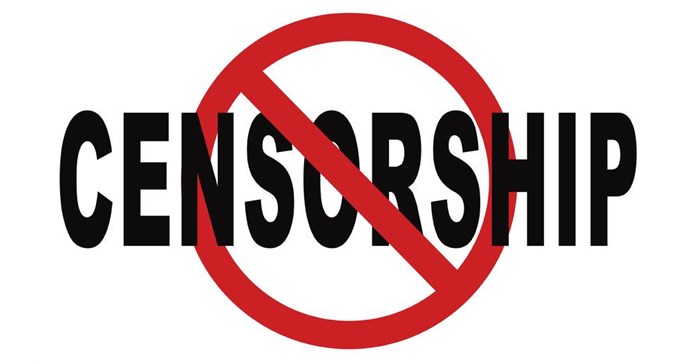Zimbabwe government controls over social media criticised

In response, Freedom House issued the following statement: “The government of Zimbabwe’s Computer Crime and Cyber Crime Bill would severely limit citizens’ access to information, as the government tries to stifle calls for economic and political reform,” said Lynn Fredriksson, director for Freedom House Southern Africa programs.
“President Mugabe and Supa Mandiwandzira, the minister of information communication technology, should know that further stifling communication will lead to more anti-government demonstrations across the country.”
Many Zimbabweans rely on Twitter and WhatsApp, which have been used to rally mass participation in demonstrations in the country over the past few weeks.
The government’s planned legislation would allow authorities to arbitrarily seize mobile phones, tablets and laptops; monitor private communications; interrupt broadband service; and sentence violators to imprisonment.
The legislation, which would supplement the national ICT policy which is still being developed, is part of the government’s response to recent anti-government protests that have largely been organised and shared via social media.
Hashtags such as #ThisFlag have attracted large numbers of followers. Many Zimbabweans rely on Twitter and WhatsApp, which have been used to rally mass participation in demonstrations.
In July, the government temporarily blocked access to WhatsApp, as it faced protests over its inability to pay civil servants’ salaries.
Zimbabwe is rated ‘Partly Free’ in Freedom in the World 2016; ‘Not Free’ in Freedom of the Press 2016; and ‘Partly Free’ in Freedom on the Net 2015.
Source: African Press Organisation

APO is the sole press release wire in Africa, and the global leader in media relations related to Africa. With headquarters in Dakar, Senegal, APO owns a media database of over 150,000 contacts and the main Africa-related news online community.
Go to: www.bizcommunity.com/PressOffice.aspx?cn=apogroup






















